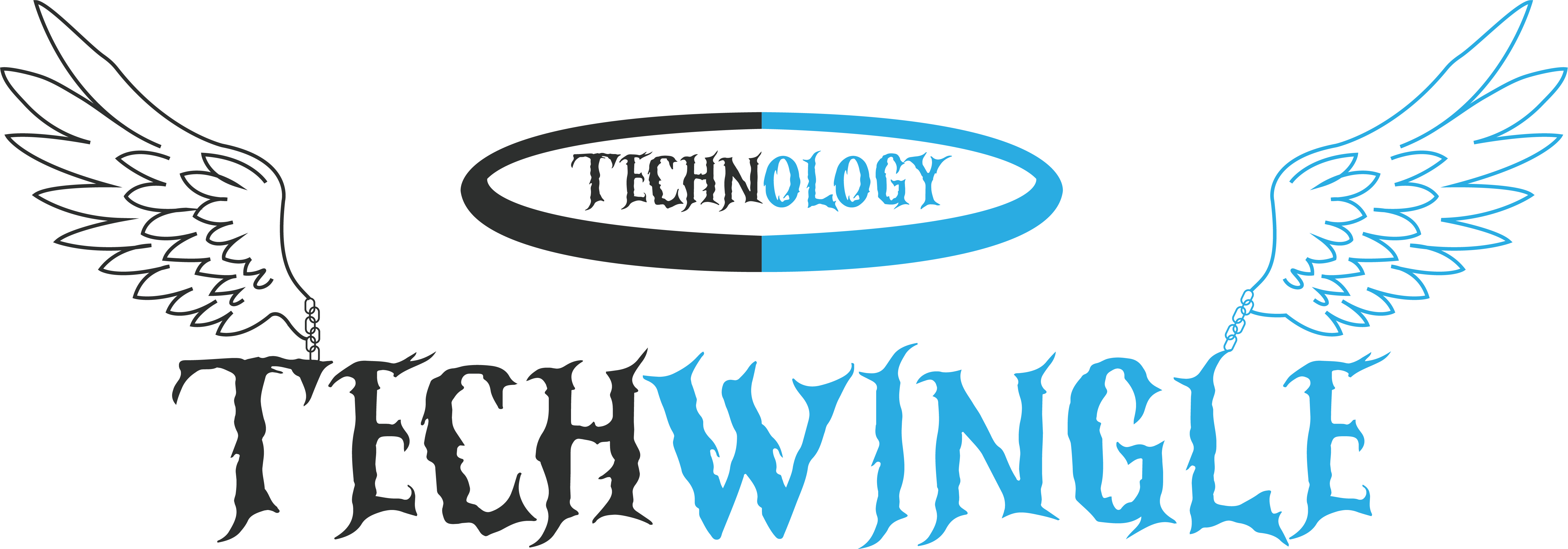The healthcare insurance landscape has undergone a dramatic evolution driven by digital transformation, rising customer expectations, and the growing demand for transparent, fast, and personalized insurance experiences. Traditional systems—often siloed, manual, and slow—can no longer keep pace with today’s policyholder needs or regulatory mandates. Modern Health Insurance Software Development enables insurers to redesign operations with intelligent automation, real-time insights, and connected digital workflows.
Advanced insurance platforms not only simplify complex administrative tasks but also elevate customer experience, reduce operational costs, and deliver high-performance systems that help insurers stay competitive in a rapidly shifting market. Below is a comprehensive, SEO-optimized breakdown of the key features and benefits driving modern health insurance software.
Core Features of Modern Health Insurance Software
1. End-to-End Claims Automation
Modern systems automate claims submission, verification, assessment, and settlement.
- Document scanning and OCR extract key details
- Automated rules engines verify eligibility and detect inconsistencies
- Real-time claim tracking improves transparency
- Faster approvals reduce customer frustration
Automation drastically reduces manual effort and eliminates bottlenecks in the claims cycle.
2. Centralized Policy and Member Management
A unified dashboard allows insurers to manage policy issuance, endorsements, renewals, and cancellations seamlessly.
- Easy updates to premium schedules or coverage
- Centralized member records
- Integrated digital ID cards
- Automated renewal reminders
This leads to streamlined operations and a 360° view of every policyholder.
3. Customer & Agent Self-Service Portals
Self-service portals and mobile apps empower customers and agents to manage their activities independently.
- Policy lookup and document access
- Premium payment and renewal options
- Real-time claim status
- Coverage comparison and benefit breakdown
These portals reduce call center load and enhance customer convenience.
4. Integrated Telehealth and Provider Network Management
Modern software directly connects policyholders with health networks and digital care providers.
- Doctor search and appointment scheduling
- Telemedicine consultations
- Digital prescriptions
- Cashless hospitalization coordination
This integration delivers a connected care experience and strengthens insurer-provider relationships.
5. Predictive Analytics and AI-Driven Insights
AI and analytics play a transformative role in modern insurance platforms.
- Risk scoring and premium forecasting
- Fraud detection and anomaly alerts
- Customer segmentation
- Wellness recommendations
These insights help insurers optimize operations and develop tailored customer plans.
6. Secure Document Management with OCR and E-signatures
Digital document workflows ensure faster data intake and paperless operations.
- Automated extraction of claim forms, lab reports, and medical bills
- Secure storage with version control
- E-signatures for policy approvals and declarations
This improves accuracy and speeds up verification.
7. Provider & Hospital Integration APIs
APIs facilitate seamless data exchange with hospitals, labs, and third-party providers.
- Cashless claim approval workflows
- Instant verification of treatments
- Automated collection of hospitalization documents
Integration reduces delays and improves service coordination.
8. Compliance and Regulatory Management
Compliance with HIPAA, ICD-10, CMS, and local regulations is built into the software.
- Automated auditing
- Data encryption and role-based access
- Compliance reports
- Secure consent management
This protects sensitive data and supports regulatory alignment.
9. Mobile App Capabilities for Improved Accessibility
A mobile-first approach ensures policyholders can manage insurance anytime, anywhere.
Mobile features include:
- Claims filing
- Digital policy wallet
- Telemedicine
- Live chat support
- Medication reminders
Mobile capabilities significantly enhance engagement and customer satisfaction.
Key Benefits of Modern Health Insurance Software
1. Faster Claims Cycle and Greater Transparency
Automation and digital workflows simplify claims processing, eliminate manual bottlenecks, and provide real-time updates—leading to higher customer trust and reduced turnaround times.
2. Improved Customer Experience and Loyalty
With intuitive mobile apps, proactive notifications, and instant support, customers enjoy seamless interaction across every touchpoint. This improves satisfaction and increases retention rates.
3. Lower Administrative and Operational Costs
Automation reduces the workload on call centers, data entry teams, and claim processors, helping insurers cut costs while increasing efficiency.
4. Enhanced Fraud Detection and Risk Management
AI-driven fraud detection minimizes losses by identifying abnormal claim patterns and preventing unauthorized access or fraudulent reimbursements.
5. Better Decision-Making with Real-Time Insights
Dashboards and analytics give insurers actionable visibility into claims trends, customer behavior, financial health, risk levels, and operational bottlenecks.
6. Strengthened Provider Collaboration
Integrated systems improve communication with hospitals, labs, and pharmacies, enabling accurate claim validation, faster cashless approvals, and efficient documentation flow.
7. Streamlined Policy Lifecycle Management
From issuance to renewal, insurers manage the full policy lifecycle through automated approval flows, bulk updates, and centralized records—eliminating delays and inconsistencies.
8. High Scalability and Flexibility
Cloud-based architectures allow insurers to scale seamlessly as customer volumes grow, new products are introduced, or new geographies are added.
9. Increased Operational Accuracy and Reduced Human Errors
Automated data capture, digital workflows, and standardized processes minimize manual errors, ensuring cleaner records and more accurate calculations.
Conclusion
Modern health insurance platforms are far more than administrative tools—they are strategic enablers of digital excellence, customer satisfaction, and operational intelligence. With advanced features such as AI-powered claims processing, telehealth integration, predictive analytics, and real-time self-service capabilities, insurers can deliver seamless digital experiences while optimizing internal processes. As customer expectations evolve and regulatory pressures intensify, investing in modern Health Insurance Software Development becomes essential for insurers looking to enhance efficiency, transparency, and long-term competitiveness.











